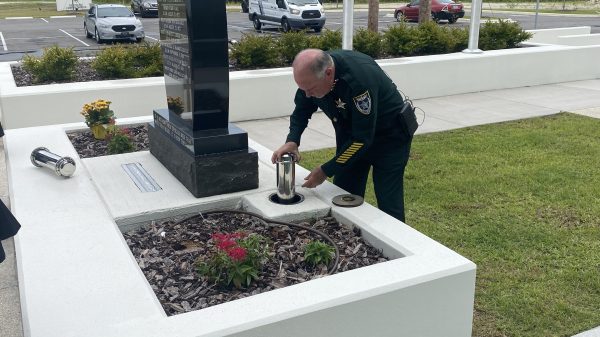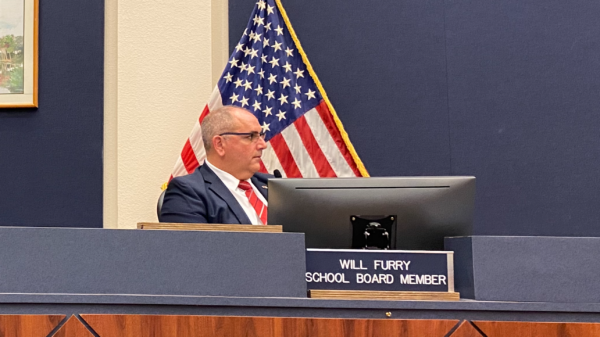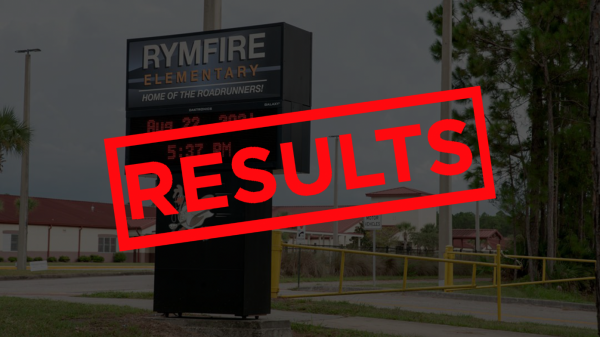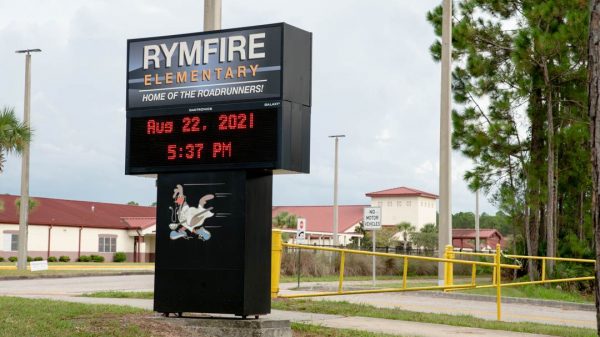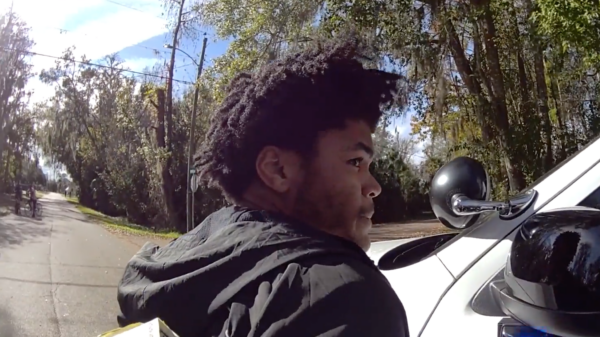An appeals court in Florida has ruled that the smell of marijuana no longer constitutes probable cause for a search by law enforcement. The ruling was handed down on October 2nd by the Florida Second District Court of Appeal, striking down the ‘plain smell doctrine’.
Prior to this ruling, law enforcement officers conducting a traffic stop could initiate a search if they smelled marijuana, and have that search justified by probable cause. Now, they’ll need to supplement that with additional factors such as visible impairment, suspicious behavior, or plainly visible drug paraphernalia.
Officers are still authorized to conduct a search if they have a warrant, if the vehicle has been lawfully impounded, probable cause stems from another factor, or if the vehicle’s operator provides consent to a search.
Case Background
The case which changed Florida law was brought by Darrielle Ortiz Williams and his attorneys appealing the revocation of Williams’ probation in Hillsborough County. It was argued that the basis for Williams’ arrest was merely the smell of cannabis, and that due to changes in applicable federal and state laws this was no longer reason enough for an arrest. The courts agreed.
The relevant changes in law leading to the overturning of the plain smell doctrine include the widespread legalization of marijuana, both medically and recreationally, in jurisdictions across the country. Medical marijuana is legal and regulated in Florida, while recreational marijuana remains illegal.
Williams served over a decade in prison for attempted first-degree murder, being released in 2023. That same year he was a passenger in a car which was pulled over for allegedly failing to come to a complete stop leaving a private lot and for having an obstructed license plate. Two officers testified to smelling marijuana, and conducted a search. They discovered cannabis and ecstasy. Williams was found to have violated his probation, based on evidence discovered in a search that was initiated solely due to marijuana smell.
Probable Cause and the Fourth Amendment
“We agree that legislative changes over the years to the definition and regulation of cannabis have eliminated the continuing validity of the plain smell doctrine in this context,” the ruling states. “We accordingly hold that, under the updated statutory text, the smell of cannabis standing alone is insufficient to establish probable cause.”
The ruling went on to cite protections guaranteed under the Fourth Amendment, which prevents unreasonable searches and seizures. The Fourth Amendment is the reason search warrants are required in most cases. In the 1961 Supreme Court decision Mapp v. Ohio, it was ruled that these protections work against local and state governments thanks to the Fourteenth Amendment right to due process.
Chris Gollon is a Flagler County resident since 2004, as well as a staple of the local independent music scene and avid observer of Central Florida politics, arts, and recreation.



































